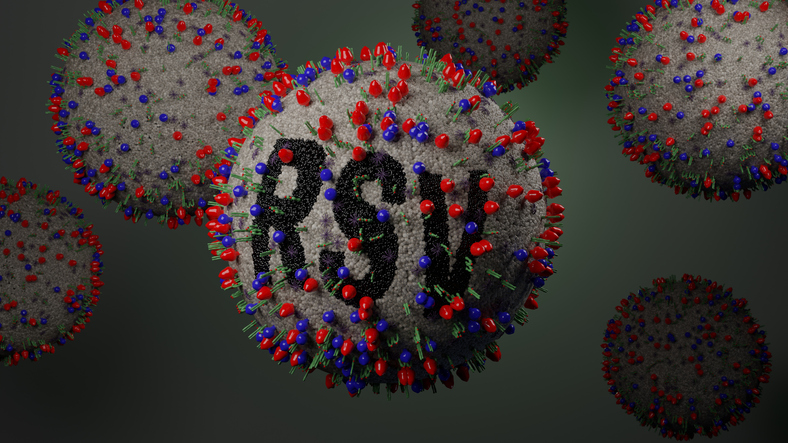
Source: Peter Hansen / Getty
While COVID-19 is not behind us, everyone is now talking about RSV but what is it? How does it affect kids and adults and should we be worried? What about the fruits and vegetables we eat daily? Are they safe? What is the difference between organic and non-organic foods, and which should we eat? Host of the show “Excuse me, Dr. With Dr. Mel,” Dr. Melissa Clarke stops by the Russ Parr Morning Show to give you the information you need to know going into the flu and cold season and getting more sleep.
LISTEN BELOW:
READ MORE STORIES ON BLACKAMERICAWEB.COM:
- Neely Fuller Jr, Carl Snowden & David Miller | Carl Nelson Show
- Tennessee House Passes Measure To Arm Teachers And Staff In Response To Nashville School Shooting
- Is Cracker A Racial Slur? Breaking Down The Bigotry
READ THE INFORMATION BELOW
GEORGIA ALFREDAS: Everybody is talking about RSV. And I thought this was a kid thing. I didn’t know grownups could get it. But I know in Texas, at least in the Dallas-Fort Worth area. A lot of these hospital beds are are filled with kids with RSV. Talk to us about this.
DR. MELISSA CLARKE: So RSV Respiratory Syncytial Virus, is a virus that infects the nose, and the breathing passages in the lungs. Almost everybody gets it at least once before their age two years old and generally, it’s like a cold. But with mask-wearing for COVID-19, you know, going down, there are fewer cases. When we were wearing masks, there were fewer cases of RSV in the last couple of years. But now that that is being relaxed, we’re seeing flu and RSV cases increase significantly this fall. And as you mentioned, hospitals are getting not overwhelmed not just in Dallas, but all across the country. And especially with little kids under three months old, children with heart and lung disease, or the very elderly. So it’s very contagious. So hand washing, surface cleaning, etc.
ALFREDAS: And there’s no vaccine.
DR. CLARKE: There is no vaccine for RSV there is for the flu, but not for RSV there are treatments, though
ALFREDAS: Okay. All right. So, so sounds like it’s not as dire as people are saying like, if you’re healthy, it’s going to be more like a cold.
DR. CLARKE: Exactly. Yeah. If you have a regular immune system, or if you’re over three months old, and you’re not elderly, is typically just a cold and you’ve probably had it hundreds of times in your life already.
ALFREDAS: Okay, I want to talk about something and I don’t know if you’re talking about this on your show, or you can give us a little bit of what you’re going to be talking about, because I’m an organic freak. I think we all like organics here on the show, but there are some safe, they’re safe produce that safe to buy even if it’s not organic. I don’t know if I believe that doctor. I don’t know if I believe it. Dr. Clark?
DR. CLARKE: Well, it is true. The Environmental Working Group, they’re a nonprofit that looks at all this stuff. They have a list of 15 fruits and vegetables that are safe to buy but are not organic, because they don’t have high levels of pesticides and chemicals. So under fruits, we have avocados, and melons of any kind. So that’s cantaloupe, watermelon, and Honeydew. There are Kiwi, pineapples, papaya, and mangoes. They all have skin, right? And then veggies, corn, cabbage, mushrooms, onions, peas, asparagus, and sweet potatoes. Just wash them well. And they’re fine to buy non-organic.

















